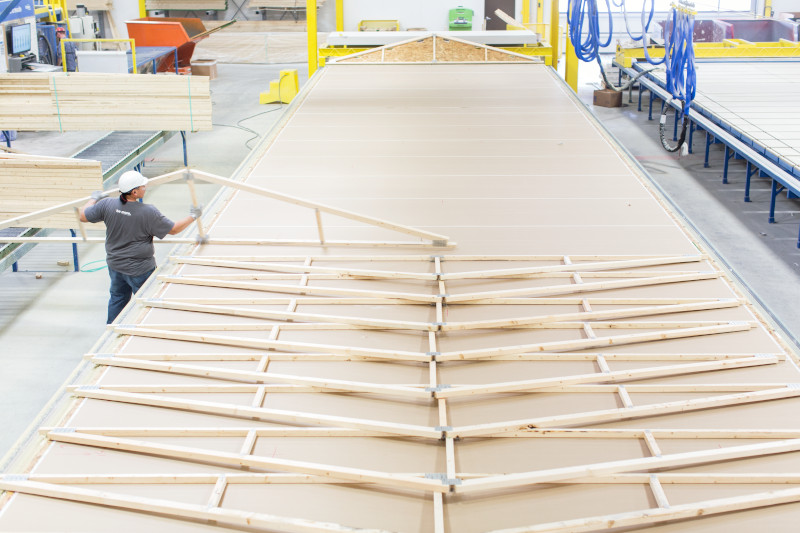
Exploring Mobile Home Roof Systems: Types, Installation, and Maintenance
Introduction
A well-designed and properly installed roof system is essential for the structural integrity, energy efficiency, and overall value of a mobile home. In this guide, we’ll delve into the various types of roof systems available for mobile homes, their advantages and disadvantages, factors to consider when choosing a system, installation processes, and maintenance tips to ensure longevity and performance.
Importance of Quality Roof Systems for Mobile Homes
Quality roof systems play a vital role in protecting the supermanfanart.com/ structure from weather elements such as rain, snow, wind, and sunlight. Additionally, a well-insulated roof contributes to energy efficiency by reducing heating and cooling costs. Moreover, an aesthetically pleasing and well-maintained roof enhances the curb appeal and resale value of the property.
Types of Roof Systems for Mobile Homes
There are several types of roof systems commonly used for mobile homes, each with its unique characteristics and suitability:
- Built-up Roof Systems: Consisting of multiple layers of roofing felt and asphalt, built-up roof systems provide durability and weather resistance.
- Single-ply Membrane Systems: Made of synthetic materials such as PVC or TPO, single-ply membrane systems offer excellent waterproofing and flexibility.
- Metal Roof Systems: Metal roofs are known for their durability, longevity, and ability to withstand extreme weather conditions.
- Asphalt Shingle Roof Systems: Asphalt shingles are popular for their affordability, versatility, and ease of installation.
Advantages and Disadvantages of Each Roof System
Each type of roof system has its pros and cons, including factors such as cost, durability, maintenance requirements, and aesthetic appeal. Understanding these factors is crucial for selecting the most suitable roof system for your mobile home.
Factors to Consider When Choosing a Roof System
When choosing a roof system for your mobile home, consider factors such as the climate in your area, the expected lifespan of the system, cost-effectiveness, and maintenance requirements. Consulting with a roofing professional can help you make an informed decision based on your specific needs and preferences.
Installation Process for Mobile Home Roof Systems
The installation process for mobile home roof systems typically involves several steps, including inspection and assessment of the existing roof, preparation of the roof surface, and installation of the chosen system. Hiring a qualified roofing contractor ensures that the installation is done correctly and according to industry standards.
Maintenance Tips for Mobile Home Roof Systems
Regular maintenance is essential for prolonging the lifespan and performance of a mobile home roof system. Conducting periodic inspections, cleaning gutters and debris, and addressing any damage promptly can help prevent costly repairs and extend the life of the roof.
Conclusion
Choosing the right roof system for your mobile home is crucial for ensuring structural integrity, energy efficiency, and property value. By understanding the various types of roof systems, their installation processes, and maintenance requirements, homeowners can make informed decisions to protect their investment for years to come.







